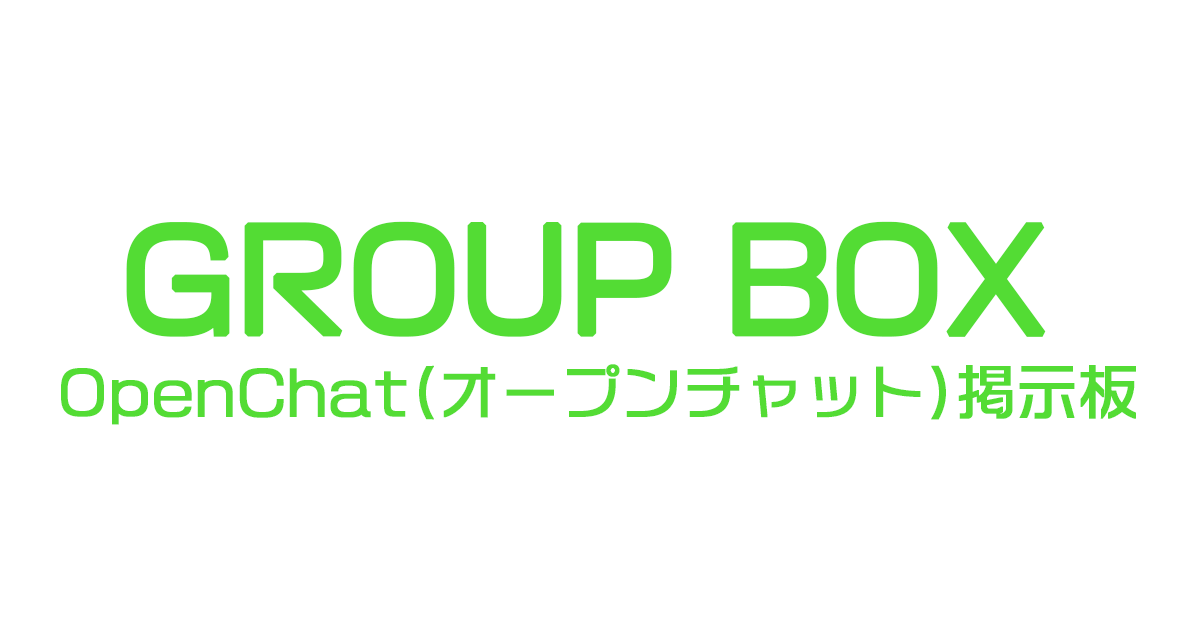-
-
tarenconsidine3A Little Known Fact Concerning Develop Student Learning SkillsLearning is a lifelong journey, and students equipped with effective learning skills are better positioned for success in both academic pursuits and personal development. Developing a set of essential learning skills goes beyond memorizing facts and figures; it involves cultivating habits and approaches that promote a deep comprehension of subjects, critical thinking, and adaptability. In this particular article, we will explore some key learning skills that may empower students to navigate the complexities of education and beyond.
Time is a precious resource, and learning to manage it efficiently is a skill that may significantly impact a student’s academic performance. Creating a realistic schedule, setting priorities, and breaking tasks into manageable chunks will be essential components of effective time management. By mastering this skill, students can strike a balance between academic responsibilities, extracurricular activities, and personal time, fostering a healthy and sustainable approach to learning.
Active listening is a fundamental skill that forms the foundation of effective communication and comprehension. Encouraging students to actively engage with the material during lectures, discussions, or while reading helps them absorb information more thoroughly. Taking notes, asking questions, and involved in class discussions are ways students can enhance their active listening skills, leading to better retention and knowledge of the topic matter.
Critical thinking is the capability to analyze, evaluate, and synthesize information. Students who develop critical thinking skills are better equipped to solve problems, make informed decisions, and approach learning with a deeper level of understanding. Encouraging students to question assumptions, consider alternative perspectives, and draw connections between different concepts fosters a habit of critical thinking that extends beyond the classroom.
Note-taking is a skill that will significantly impact a student’s capability to review and retain information. Teaching students different note-taking methods, for example the Cornell method or mind mapping, can certainly help them organize and structure their notes for optimal recall. Aside from that, utilizing technology for note-taking, such as using apps or recording devices, can enhance the efficiency of this skill.
Learning is a dynamic process, and students who develop adaptability and resilience are better prepared to face challenges and setbacks. Encouraging a growth mindset, where students see failures as opportunities to learn and improve, fosters a positive attitude toward challenges. The capability to adapt to different learning styles, environments, and unexpected changes is a valuable skill that extends beyond the academic realm.
Clear and effective communication is a skill that transcends academic success. Whether in written or oral form, the ability to express ideas coherently and persuasively is crucial. Encouraging students to practice effective communication through presentations, essays, or group discussions not simply enhances their academic performance but additionally prepares them for future professional and social interactions.
Self-reflection is a powerful tool for personal growth and continuous improvement. Encouraging students to regularly reflect on their learning experiences, identify strengths and weaknesses, and set goals for improvement cultivates a habit of self-awareness. This skill enables students to take ownership of their learning journey and develop a proactive approach to addressing challenges.
In an increasingly interconnected world, collaboration and teamwork are crucial skills. Group projects, collaborative assignments, and extracurricular activities that entail teamwork provide students with possibilities to develop interpersonal skills, share ideas, and learn from their peers. These experiences not just enhance academic learning but additionally prepare students for the collaborative nature of the workplace.
With the abundance of information available, students need to produce information literacy skills to navigate, evaluate, and utilize sources effectively. Teaching students how you can study the reliability of information, distinguish between credible and biased sources, and synthesize information from multiple perspectives equips them with the tools needed to navigate the information age.
Mastering the art of learning involves more than rote memorization; check it out requires the cultivation of a diverse set of skills that empower students to approach education with curiosity, resilience, and adaptability. By incorporating these essential learning skills into their toolkit, students not just enhance their academic performance but in addition develop a foundation for lifelong learning and success in the ever-evolving landscape of the 21st century.
2024-02-11 4:33 AM #32136 -
A Little Known Fact Concerning Develop Student Learning Skills

